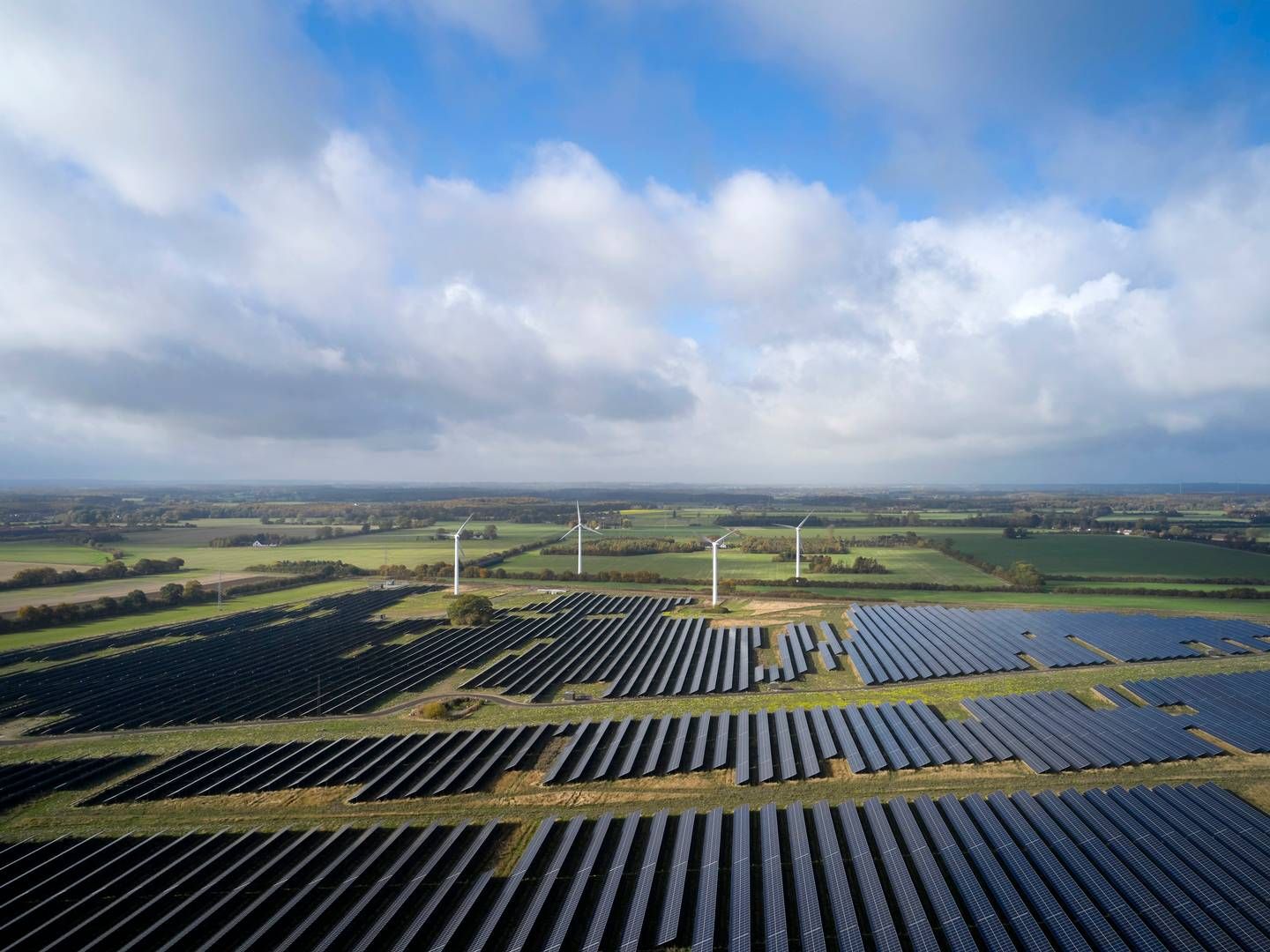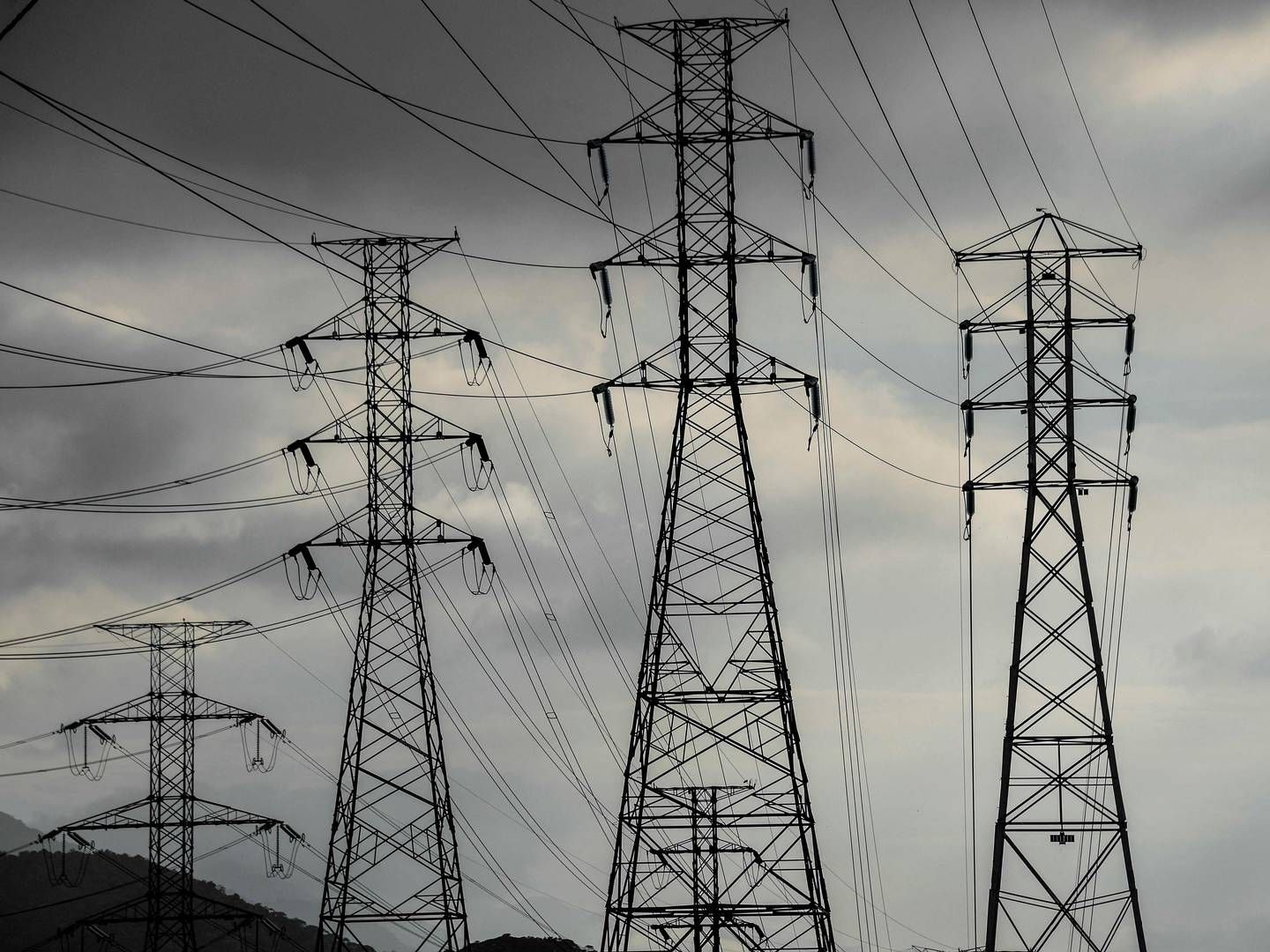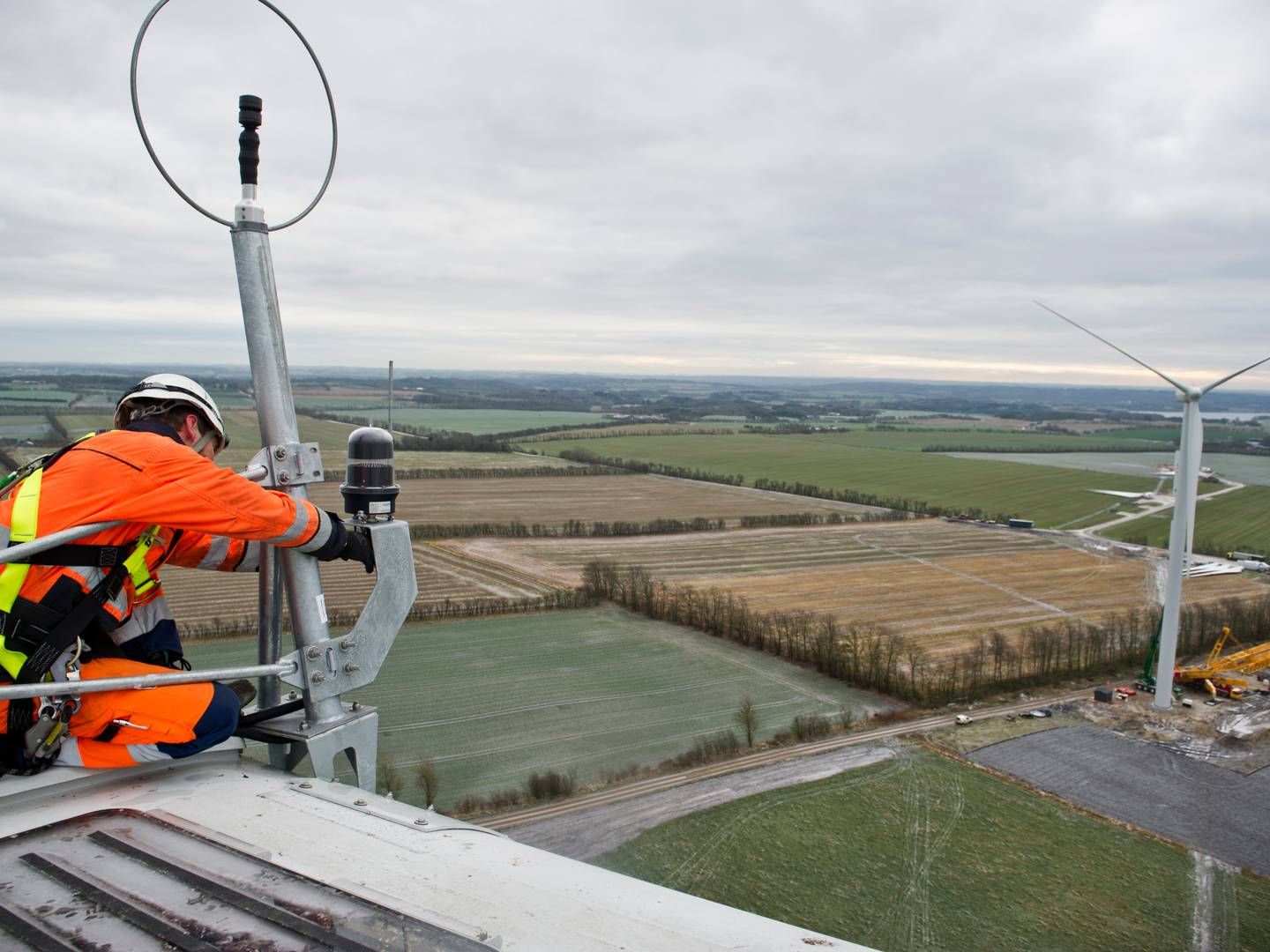IEA: Oil, gas and coal demand peaks before 2030

Demand for oil, coal and natural gas will peak by 2030.
This is according to the head of the International Energy Agency (IEA), Fatih Birol, in an opinion piece in the Financial Times on Tuesday about the agency’s upcoming forecasts.
According to the Financial Times, this will be the first time that the IEA predicts that the demand for fossil fuels will peak in this decade.
The forecast is expected to be published next month in the World Energy Outlook report.
”We are witnessing the beginning of the end of the fossil fuel era and we must prepare for the next era,” Birol said, according to the business media.
”It shows that climate policies are working.”
He calls the forecast a ”historic turning point”, but also urges politicians to do more to transform the energy sector and reduce CO2 emissions.
The IEA has previously said that total demand for fossil fuels will peak around 2030, according to the Financial Times.
However, technological developments have pushed back the forecasts. This is partly due to the use of electric cars and green energy.
In particular, the development of the use of electric cars in China means that oil demand will peak before 2030, Birol writes in the article.
Meanwhile, the use of renewable energy sources and heat pumps will cause gas demand to decrease. At the same time, Russia’s invasion of Ukraine has pushed the transition in Europe, according to Birol.
On coal, the IEA chief writes that ”global demand” has been ”stubbornly high over the past decade”.
”But it is now set to peak in the next decade,” Birol continues, citing advances in solar and wind power.
Although there are positive developments in the demand for fossil fuels, the world is exceptionally busy reducing its emissions.
”The predicted drop in demand that we expect based on current policies is nowhere near enough to put the world on a path to limit global warming to 1.5 degrees,” Birol writes.
The IEA is an intergovernmental organization mainly funded by the Organisation for Economic Co-operation and Development, OECD.





















.jpg&w=384&q=75)



